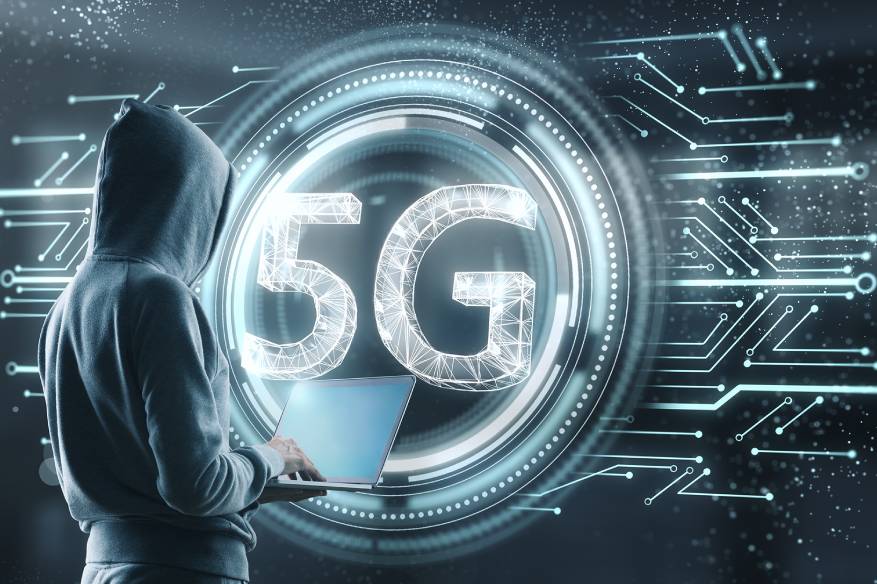5G Technology and Cybersecurity Concerns

5G is a modern reality, and people don’t connect it with the future concept anymore. As leading network operators announce the beginning of this new era of smart connectivity at the Mobile World Congress, that 5G will be calling the shots when it comes to shaping the future.
However, in the midst of this craze, the IT community speculated on the implications of the 5G version, wondering what exactly that means for the cybersecurity landscape. Taking a cue from history what we have learned so far is that advanced technology and adoption are a double-edged sword, which can quickly build and destroy. As reported in a recent Gartner report, in less than a year, two-thirds of companies plan to implement 5G, so it’s imperative that they prepare for a new wave of cyber threats, which will be launched on the already vulnerable environment.
Cybersecurity concerns of the 5G world
And yet this exciting new 5G world will have its share of cybersecurity challenges. Cybercriminals around the world will continue to look for ways to access user data. With billions of devices connected to the internet, they have a large attack surface to the weak link in the security chain.
In addition, the ability of hackers to cause damage and destruction is increasing exponentially. In today’s 4G world, a huge network of bots can be used on devices at home to trigger huge DDoS attacks on websites. In tomorrow’s 5G world, the same bot network could be used to eliminate a complete network of cars driving in a single city, causing chaos on the roads.
Of course, computer security is as important in the 5G world as in the 4G world – and maybe even more. A huge amount of remote sensors and smart devices connected, for example, to global supply chains will greatly increase the complexity of protecting corporate networks from intruders. The huge amount of data generated by 5G networks makes it difficult to detect deviations in the users’ behavior by hackers.
Basically, 5G is exposed to the same potential risks as its predecessors: authentication, accessibility, data security, and privacy. Since the different specifications of the 5G protocol have been transmitted by 3G and 4G networks, the vulnerabilities of these previous generations are also supported. Network degradation attacks represent a comparable and significant risk; the lack of authentication in the initial connection phase may allow opponents to downgrade the network to a 4G or 3G target so that they can exploit existing vulnerabilities.
As with any innovation, 5G will have its own share of cases in the vertical industries that require a modern level of security. Although technology offers a number of new opportunities for consumers and can transform both public and private sector industries, it is essential that cybersecurity remains at the forefront of any phase of the implementation process.
Also, Read:
EU’s G5 Technology Roll-out In The Age Of Anti-Huawei Publicity